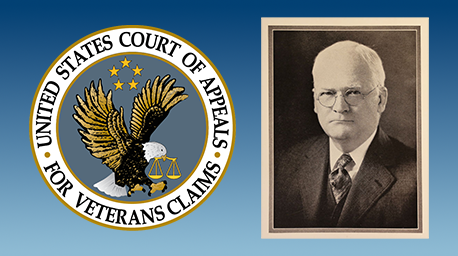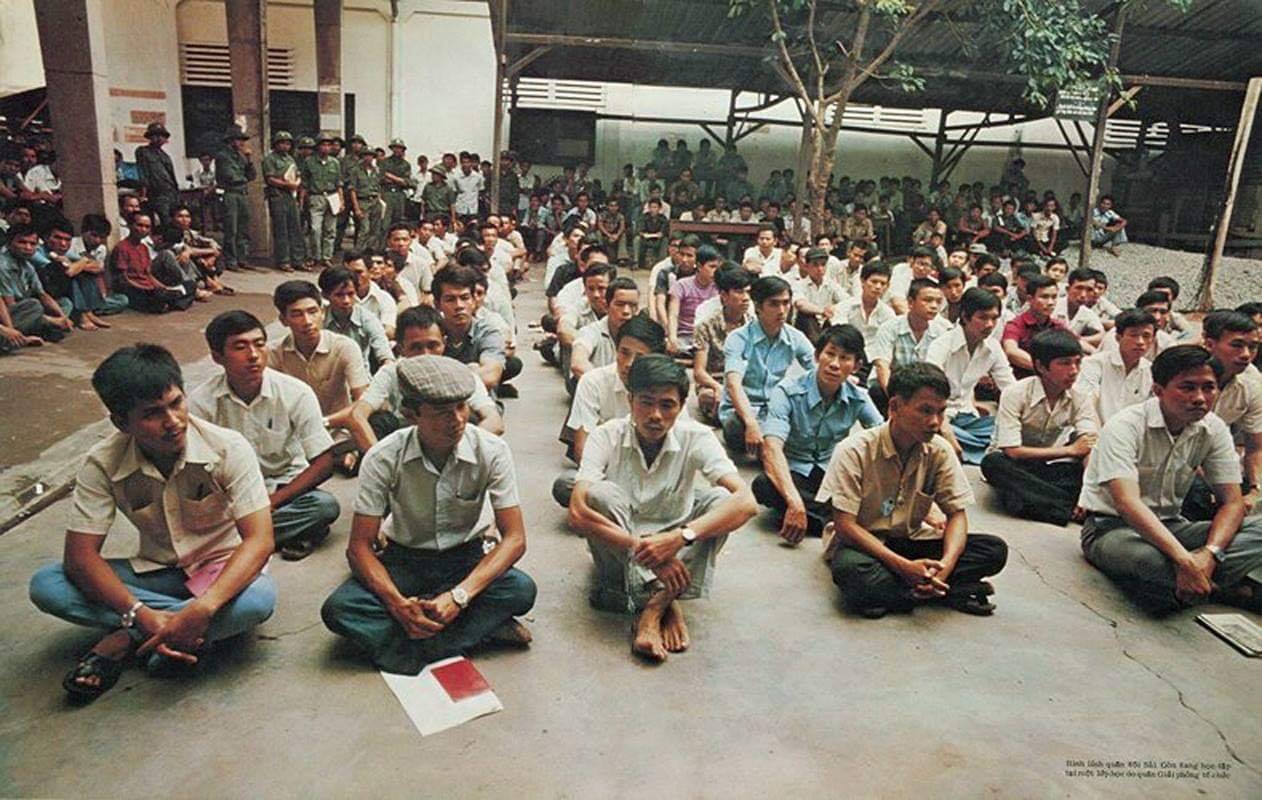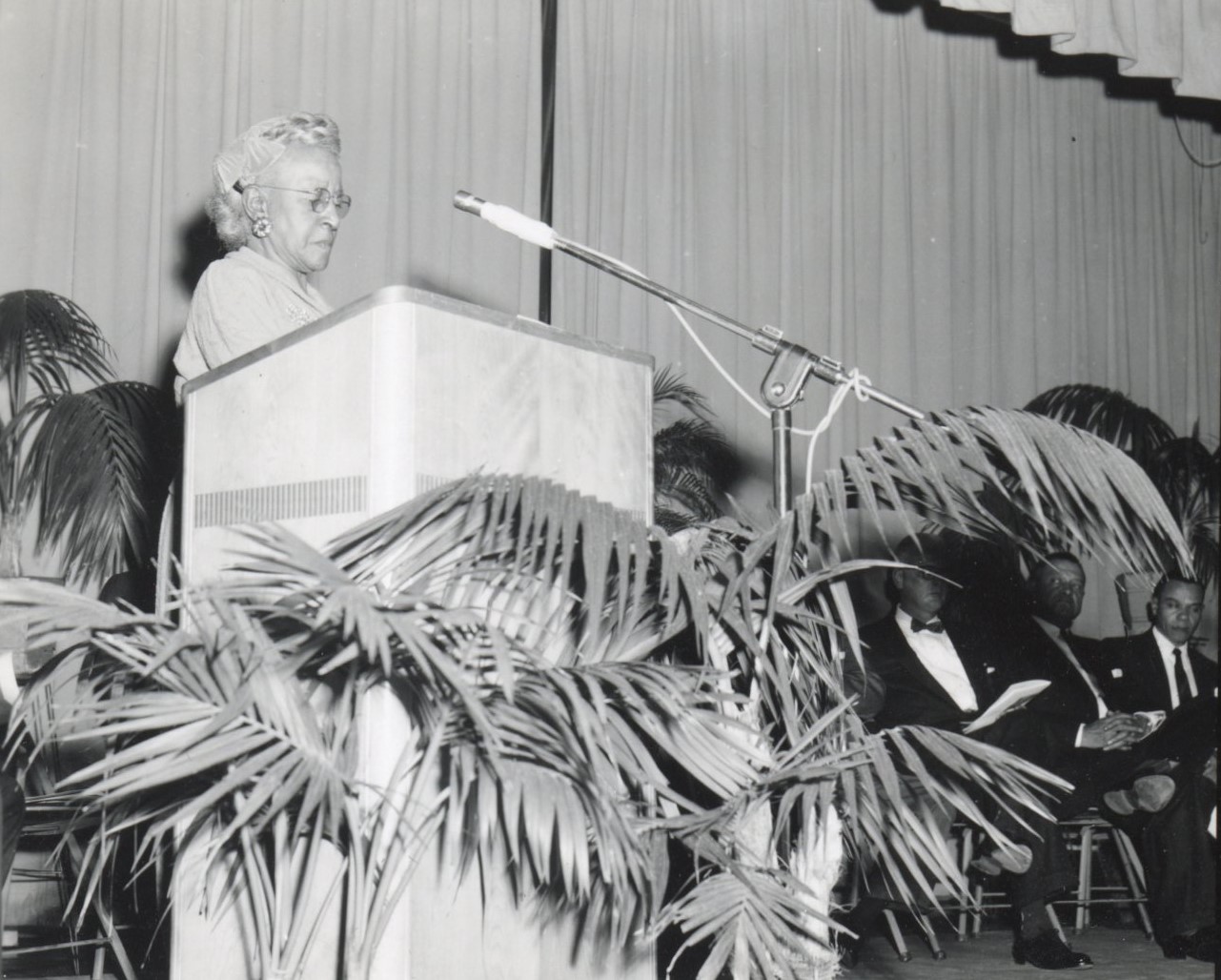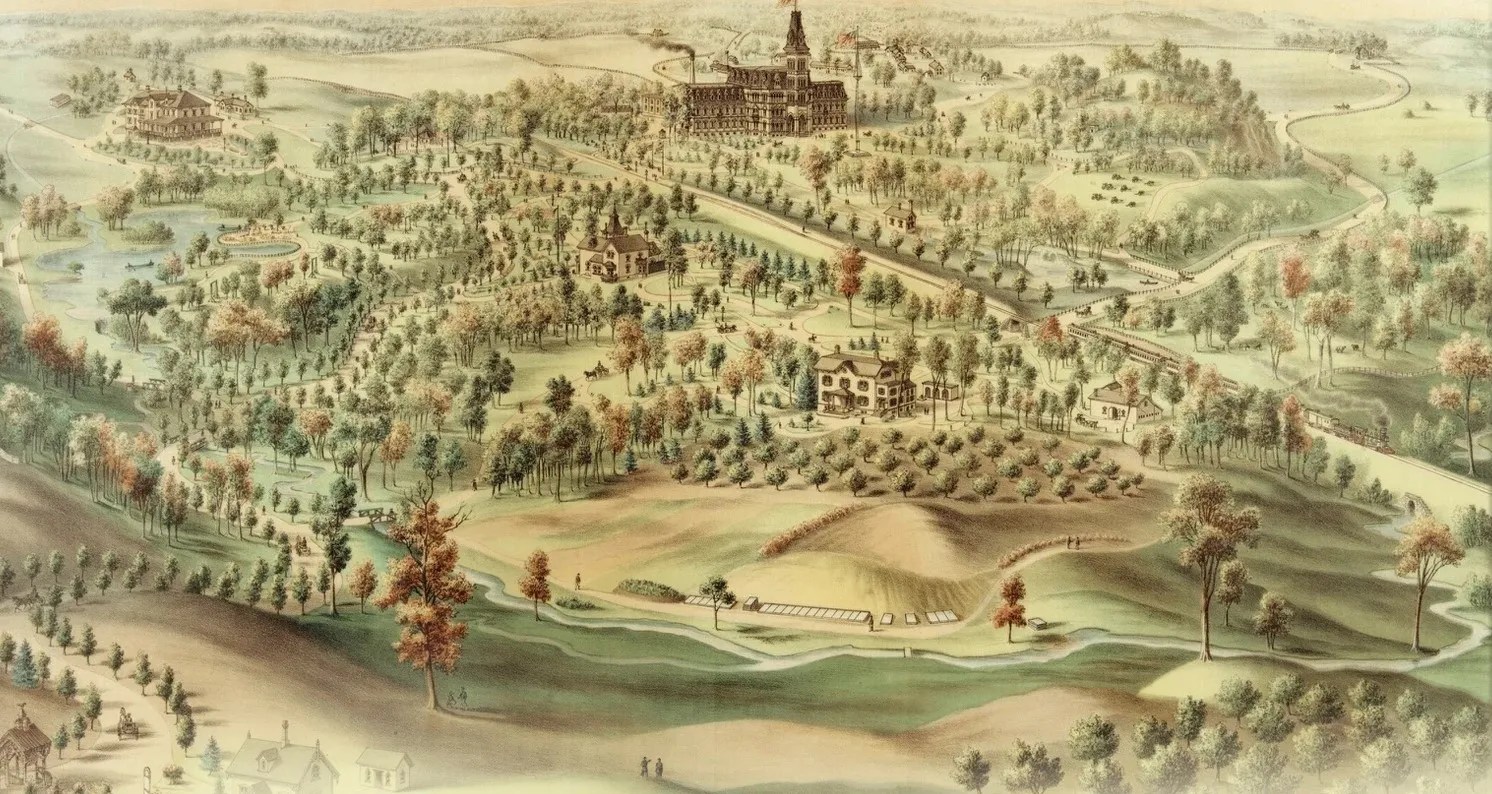Long-time advocate for books and reading, she served 34 years in VA system
Dr. Sara (Sadie) Marie Johnson Peterson Delaney was a trailblazer in promoting libraries and literacy – and worked at what would eventually become today’s VA. She was the Chief Librarian of the VA hospital in Tuskegee, Alabama, for 34 years.
Delaney started her librarian career at the New York Public Library. Working with people who were visually impaired, she learned Braille and Moonprint – a system of embossed reading.
She took that knowledge to Tuskegee and worked to make the library part of the healing for the Veterans there. She noted in a medical bulletin, “The fact is well established that there is therapeutic value in books.”
Delaney added magazines, newspapers and encyclopedias to the library collection and started monthly book talks. She introduced a weekly story hour in the mental health ward. As there were no appropriate reading choices for Veterans struggling with mental illness, she borrowed fairy tales from the Tuskegee Institute.
As a “Negro” hospital, Delaney worked to bring relevant news to the Veterans living there. She wrote:
“It is quite natural that any group so isolated should be constantly waiting for news from the outside world about their own. Books that mention the Negro are of interest and enthusiasm is displayed when the book mentions, favorable or unfavorable, the Negro.”
Wanting to increase literacy, Delaney founded the Disabled Veterans’ Literary Society. Black Veterans not only had to navigate the aftermath of war, they had to overcome racial prejudice that prevented their learning. The library became their means to overcome it.
Eleanor Roosevelt spoke of Delaney in her news column.
Her work paid off. Tuskegee was the only Veterans hospital library with a group promoting literacy. The caliber of reading there was higher than any other Veterans hospital.
In her 34 years of service, Delaney established:
- Disabled Veterans’ Literary Society in 1924
- Bibliotherapy Unit in 1933
- The Library Press Club in 1930
- Library Debate Club in 1934
- Nature Study Group in 1938
- Philatelic Club in 1935
- Numismatics Club in 1935
- Historical Forum in 1939.
In 1934, she used her New York experience to start a special library department for the visually impaired, and taught Braille to over 600 patients. In turn, some of her students taught the system to others.
A letter Delaney received from a visually impaired psychologist expressing his gratitude shows the effect she had for her Veterans and in the world.
“You, a Negro woman of the South, helped me to know that skin color and creed are not important, but that the fundamentals of human beings are the same the world over.”
By Janice Young, MLS, M.Ed.
Director, VA Central Office Library
Share this story
Related Stories

Featured Stories
A Brief History of the Board of Veterans’ Appeals
On July 28, 1933, President Franklin Delano Roosevelt signed Executive Order 6230 creating the Board of Veterans’ Appeals (BVA). The BVA was created as part of the Veterans Administration (VA), which had been established only three years earlier.

Featured Stories
The Fall of Saigon 1975: A South Vietnamese Military Physician Remembers
"There was chaos in the streets when I made my way to the hospital on the morning of April 30, 1975. In a place of order, there was now great confusion. The director and vice director of the hospital were gone, making me, the chief of medicine, the highest-ranking medical officer."




